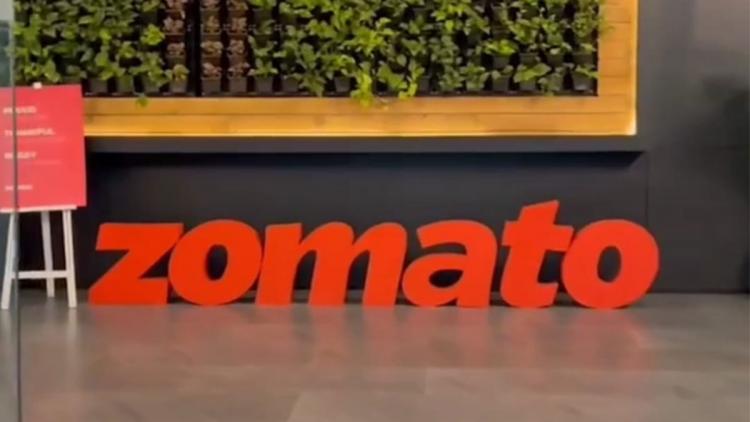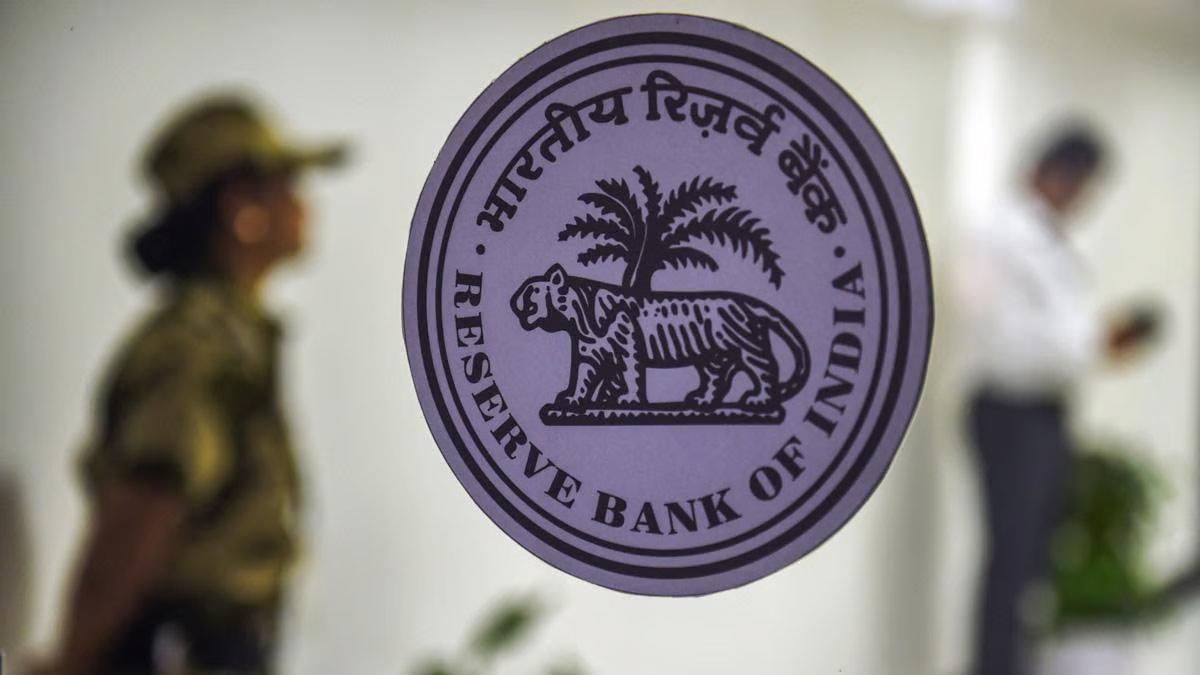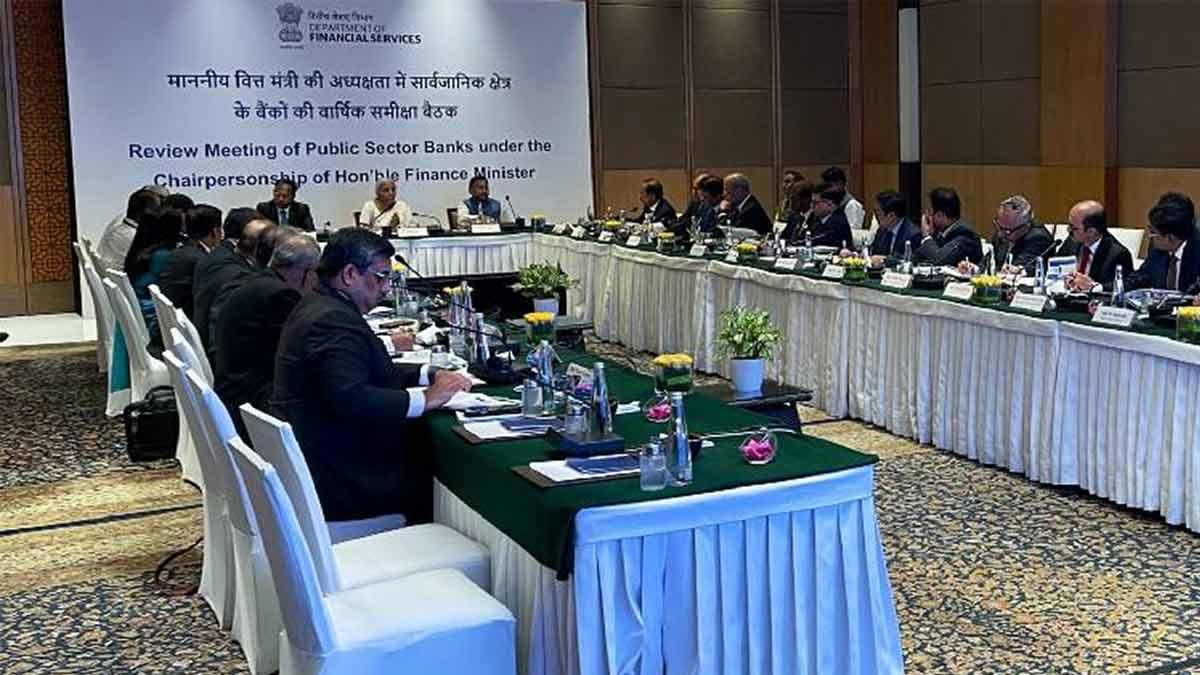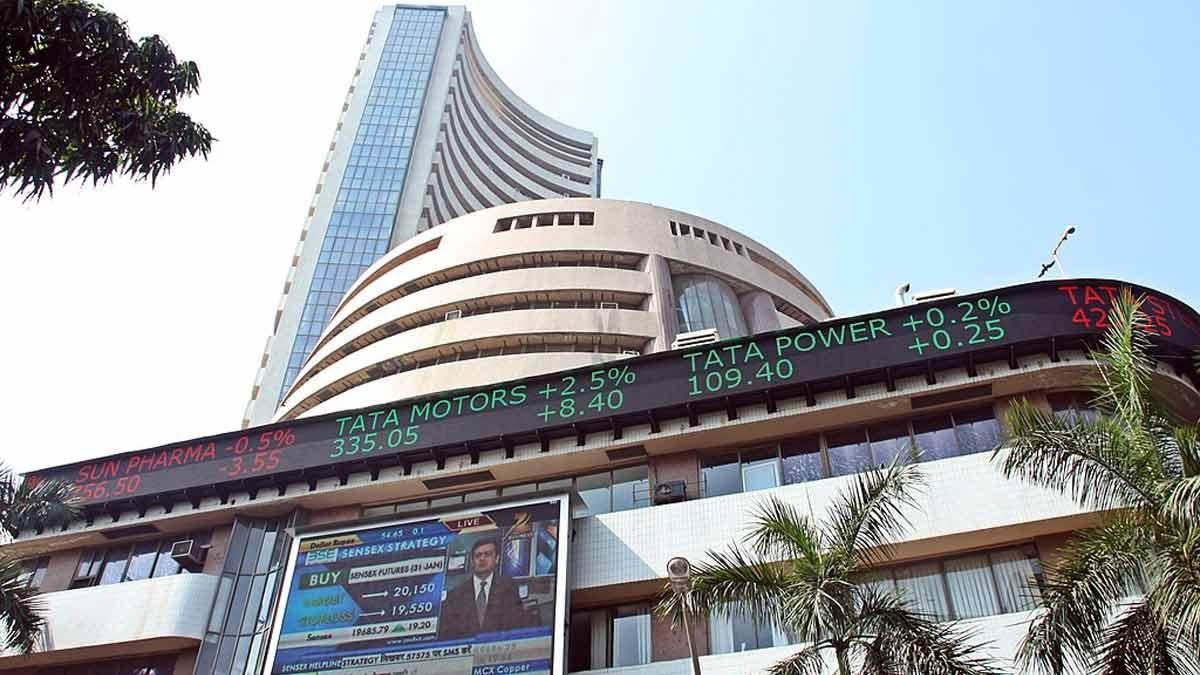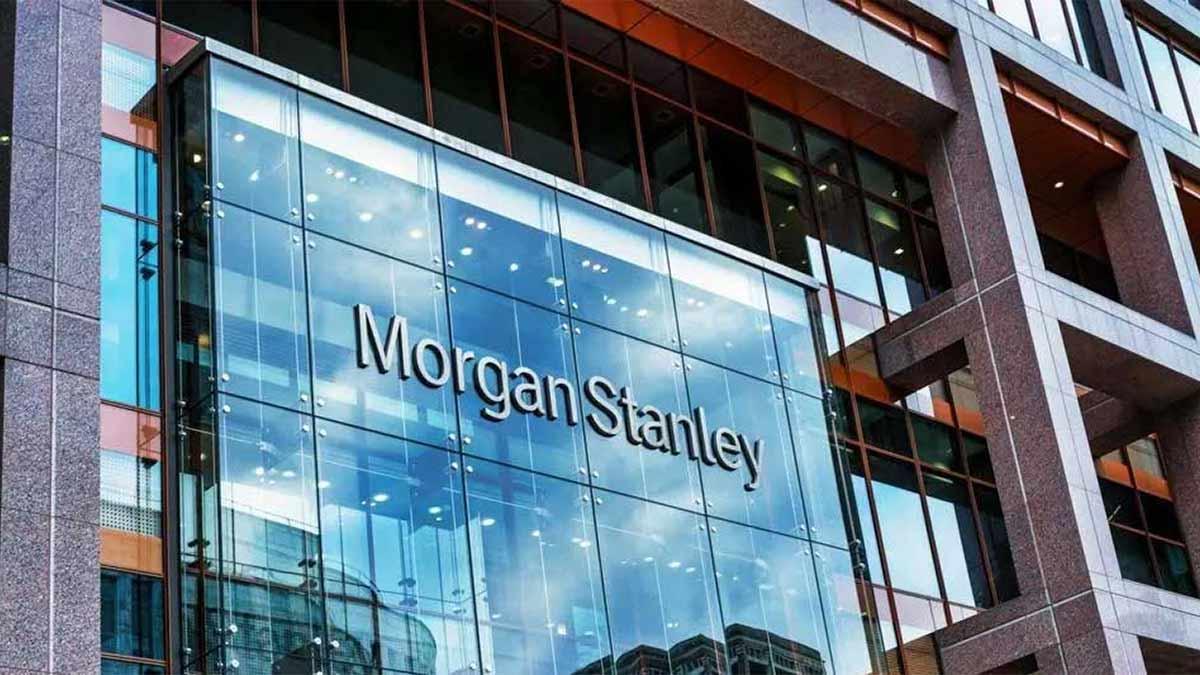Zomato shares experienced a more than 4% decline on Thursday morning following the issuance of a Rs 400 crore show-cause notice by the Goods and Services Tax (GST) authorities. The notice pertains to unpaid dues categorized as "delivery charges." The Directorate General of GST Intelligence (DGGI) directed this notice to both Zomato and its competitor Swiggy, seeking payment of pending dues amounting to over Rs 400 crore and Rs 350 crore, respectively.
Reports suggest that the show-cause notice to Zomato covers the period from October 29, 2019, to March 31, 2022. Zomato responded by stating that it firmly believes it is not obligated to pay any tax as the delivery charge is collected on behalf of the delivery partners. According to a regulatory filing, Zomato asserted that, based on mutually agreed contractual terms and conditions, the delivery partners provided services to customers, not the company.
Zomato intends to submit an appropriate response to the show-cause notice, emphasizing that, at this stage, no orders have been passed. The company expresses confidence in the strength of its case on merit.
In a related development, both Zomato and Swiggy had previously received GST notices regarding delivery charges. The platforms argue that the 'delivery charge' represents the costs incurred by the delivery partners in transporting food from door to door.
Swiggy recently adjusted its platform fee from Rs 2 to Rs 3 for food orders. Responding to this, a Swiggy spokesperson clarified that the platform fee adjustment is a standard practice in the industry and aligns with common practices across various service sectors.
Similarly, Zomato had previously increased its platform fee from an initial Rs 2 to Rs 3 per order. The developments underline the ongoing challenges faced by food delivery platforms in navigating tax-related issues and maintaining financial stability amid regulatory scrutiny.
(With Agency Inputs)
Read also| Zomato Sees Share Deal Worth Rs 1,125 Crore, With SoftBank Possibly as Seller
Read also| Biryani is the most-ordered dish on Zomato in 2023: Report

